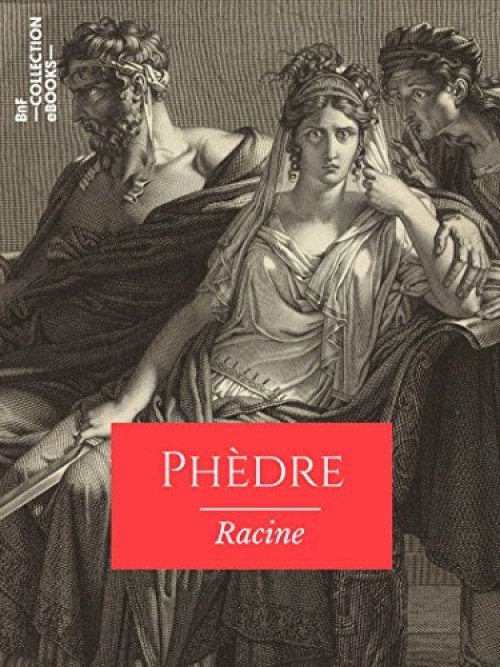
Phèdre is a tragic play written by Jean Racine, a French playwright who is considered one of the greatest writers of the classical French theatre. It was first performed in 1677 and is based on the Greek myth of Phaedra.
The play is set in ancient Greece and centers around the character of Phèdre, the wife of Theseus, king of Athens. Phèdre is in love with her stepson, Hippolytus, and struggles to contain her passion for him. The play explores themes of desire, shame, and the consequences of giving in to temptation.
One of the most striking aspects of the play is Racine's use of language. The dialogue is written in rhyming couplets, which gives the play a poetic quality and adds to the overall sense of tragedy. Racine also uses a number of literary devices such as metaphors and allusions to classical mythology, which add depth and richness to the text.
There are several striking aspects of Phèdre that make it a masterpiece of French theatre.
Firstly, the play's use of language is remarkable. Racine's dialogue is written in rhyming couplets, which gives the play a poetic quality and makes it memorable. The use of rhyme also helps to create a sense of rhythm and pace, which adds to the drama of the play.
Secondly, the complexity of the characters is striking. Each character is multi-dimensional and has their own motivations and desires. Phèdre is torn between her love for Hippolytus and her sense of duty to her husband. Hippolytus is proud and stubborn, refusing to give in to his stepmother's advances even when it would be in his own best interest. Theseus is a figure of authority who is blind to the true nature of the situation unfolding around him.
Thirdly, the play's exploration of the darker aspects of human nature is also striking. It delves into themes of desire, shame, and the consequences of giving in to temptation. Phèdre's intense and forbidden love for her stepson is a taboo subject, and the play highlights the devastating consequences of her inability to control her desires.
Finally, the play's use of allusions to classical mythology is also noteworthy. Racine draws on Greek myth to give the play a sense of timelessness and universality. The play's themes and characters are universal, and the use of mythology helps to connect the play to a wider cultural tradition.
Overall, Phèdre is a play that is striking in its language, its exploration of complex characters, its examination of darker aspects of human nature, and its use of classical mythology.
Another notable feature of the play is the complexity of the characters. Phèdre is a flawed and conflicted character, torn between her love for Hippolytus and her sense of duty to her husband. Hippolytus is proud and stubborn, refusing to give in to his stepmother's advances even when it would be in his own best interest. Theseus, meanwhile, is a figure of authority who is blind to the true nature of the situation unfolding around him.
Phèdre is a timeless work of literature that continues to be studied and performed today. Its exploration of the darker aspects of human nature and its use of language and literary devices make it a masterpiece of French theatre.








